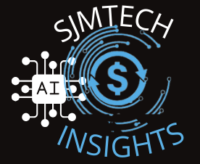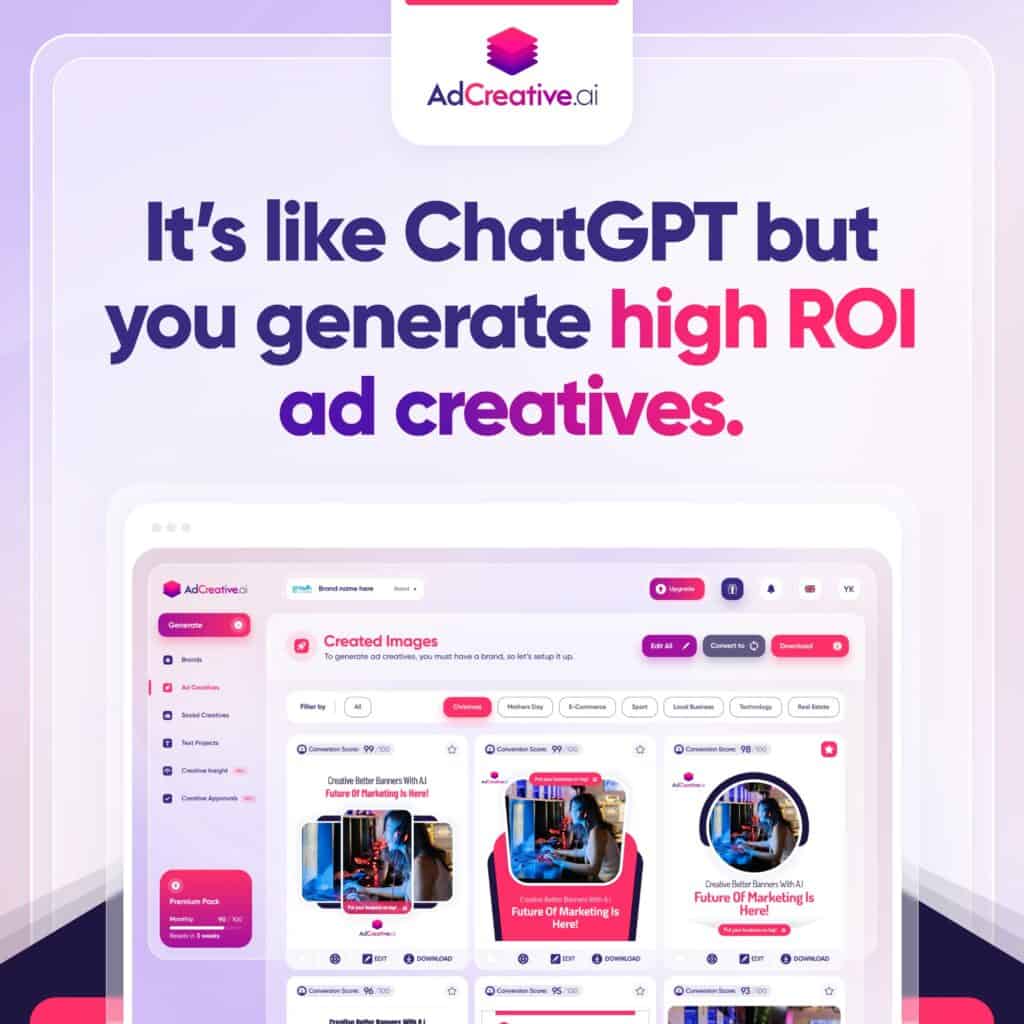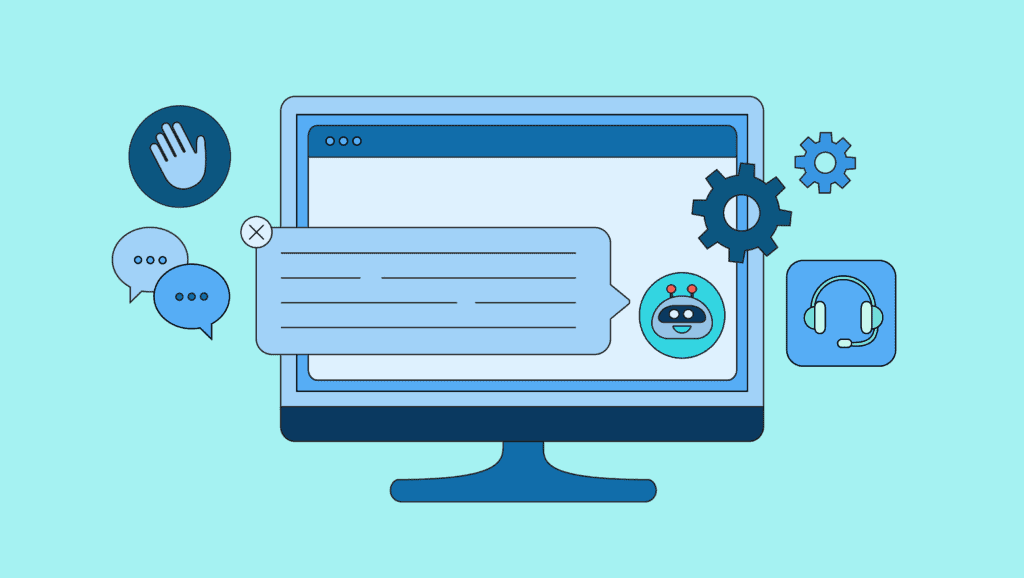Introduction
Foresee Medical is dedicated to revolutionizing the healthcare industry through the application of cutting-edge technologies. In this article, we delve into the remarkable advancements in artificial intelligence (AI) and explore how it is transforming healthcare delivery, improving patient outcomes, and enhancing operational efficiency. With our unparalleled expertise in AI and healthcare, we aim to provide you with an insightful overview of the various applications and benefits of this groundbreaking technology.
Understanding Artificial Intelligence in Healthcare
Artificial Intelligence, commonly known as AI, refers to the simulation of human intelligence in machines that are programmed to perform tasks that typically require human intelligence. In the realm of healthcare, AI has emerged as a game-changer, empowering healthcare providers to make informed decisions, accelerate diagnoses, and deliver personalized treatment plans.
Enhancing Diagnostics and Disease Management
AI has revolutionized diagnostics by enabling more accurate and timely detection of diseases. Machine learning algorithms, a subset of AI, can analyze vast amounts of medical data, including imaging scans, laboratory results, and patient records. This allows for early identification of diseases such as cancer, cardiovascular conditions, and neurological disorders. By leveraging AI, healthcare professionals can make well-informed diagnoses, leading to improved treatment outcomes and increased patient survival rates.
Transforming Patient Care
AI-driven technologies have the potential to revolutionize patient care, making it more precise and personalized. Through natural language processing and machine learning algorithms, AI-powered chatbots can interact with patients, addressing their queries, and offering valuable medical advice. This improves accessibility to healthcare information and reduces the burden on healthcare providers, enabling them to focus on critical cases.
Additionally, AI can facilitate remote patient monitoring, enhancing post-treatment care and reducing hospital readmissions. By analyzing real-time patient data, AI algorithms can identify potential complications and alert healthcare providers to intervene promptly. This proactive approach leads to enhanced patient safety, improved health outcomes, and significant cost savings.
Advancing Drug Discovery and Development
The traditional process of drug discovery and development is time-consuming and costly. However, AI has emerged as a catalyst in this domain, significantly expediting the process. By analyzing vast amounts of biomedical data, AI algorithms can identify patterns and relationships that human researchers might miss. This accelerates the identification of potential drug candidates, leading to the development of novel therapies for various diseases.
Moreover, AI-powered algorithms can predict the efficacy and potential side effects of drugs, reducing the risks associated with clinical trials. This not only enhances patient safety but also optimizes the drug development process, making it more efficient and cost-effective.
Improving Operational Efficiency
AI technologies have the potential to streamline healthcare operations, leading to increased efficiency and reduced administrative burdens. Through process automation and predictive analytics, AI can optimize resource allocation, improve workflow management, and enhance inventory control.
Furthermore, AI-powered predictive models can forecast patient volumes, enabling hospitals and healthcare facilities to allocate resources appropriately and proactively plan for future demands. This results in reduced waiting times, improved patient satisfaction, and optimized resource utilization.
The Future of Healthcare with AI
The future of healthcare is undeniably intertwined with the power of artificial intelligence. As technology continues to advance, we can expect even more significant breakthroughs in the application of AI in healthcare. From robotics-assisted surgeries to precision medicine and genomics, AI will continue to reshape the healthcare landscape, empowering healthcare providers and improving patient outcomes.

Caption: The diagram above illustrates the transformative potential of artificial intelligence in healthcare, spanning diagnostics, patient care, drug discovery, and operational efficiency.
Conclusion
In conclusion, artificial intelligence is a formidable force driving innovation in healthcare. Through its ability to analyze complex data, provide personalized care, and enhance operational efficiency, AI has the potential to revolutionize the way healthcare is delivered. Foresee Medical is committed to harnessing the power of AI to improve patient outcomes, optimize resource utilization, and shape the future of healthcare. Embracing AI in healthcare is not just a choice; it is a necessity to ensure a healthier and more prosperous tomorrow.




